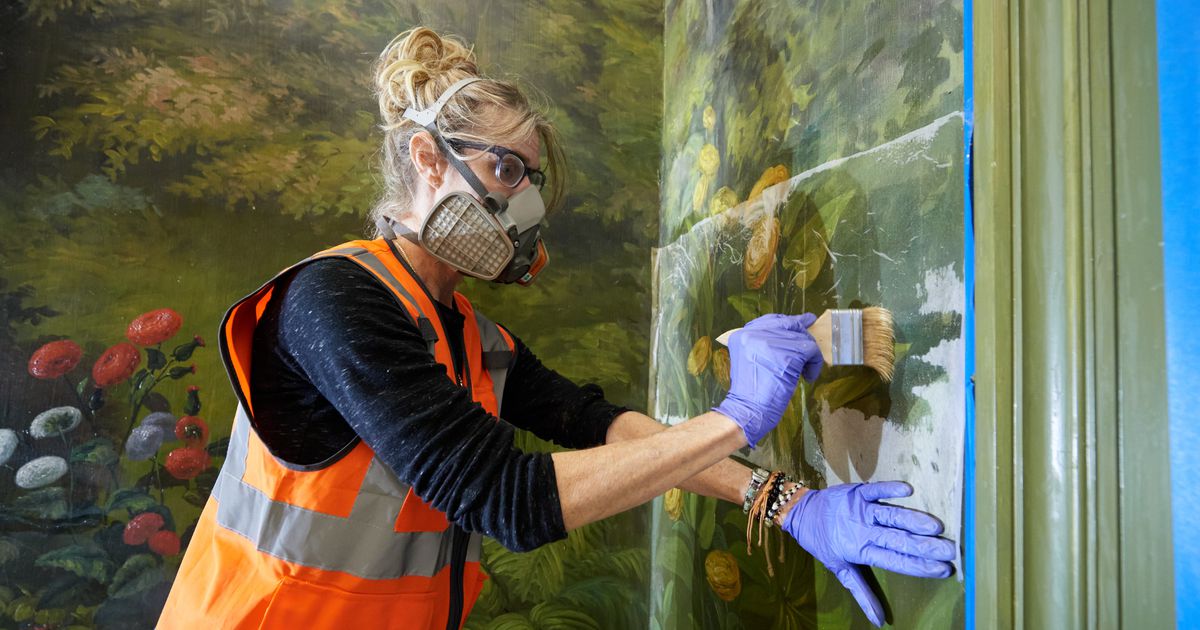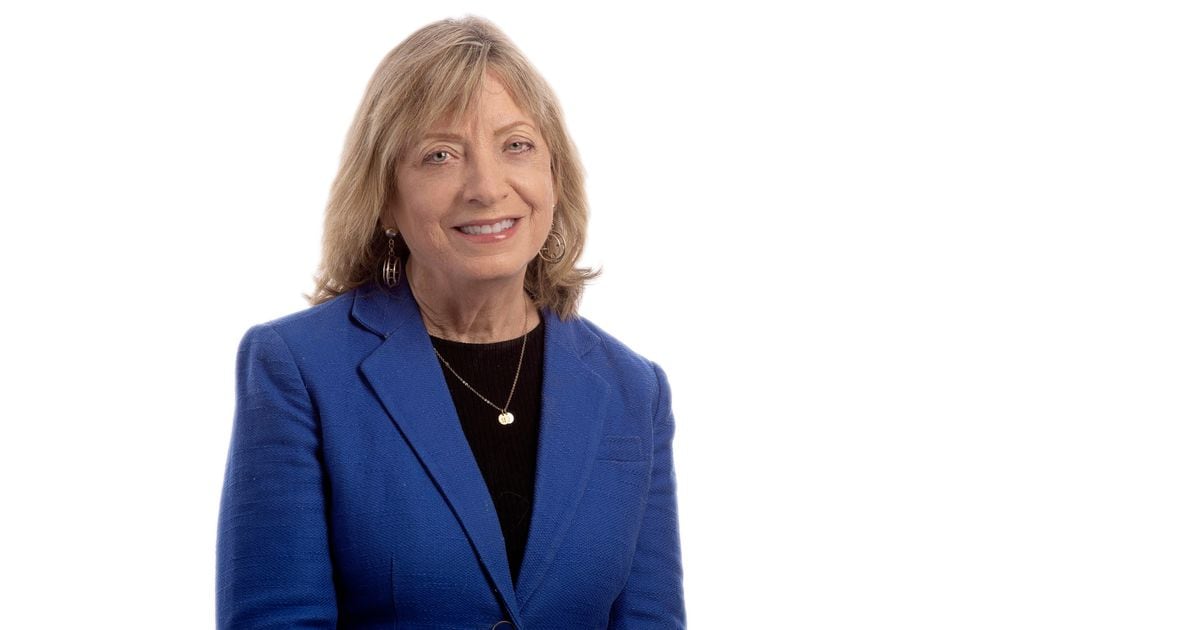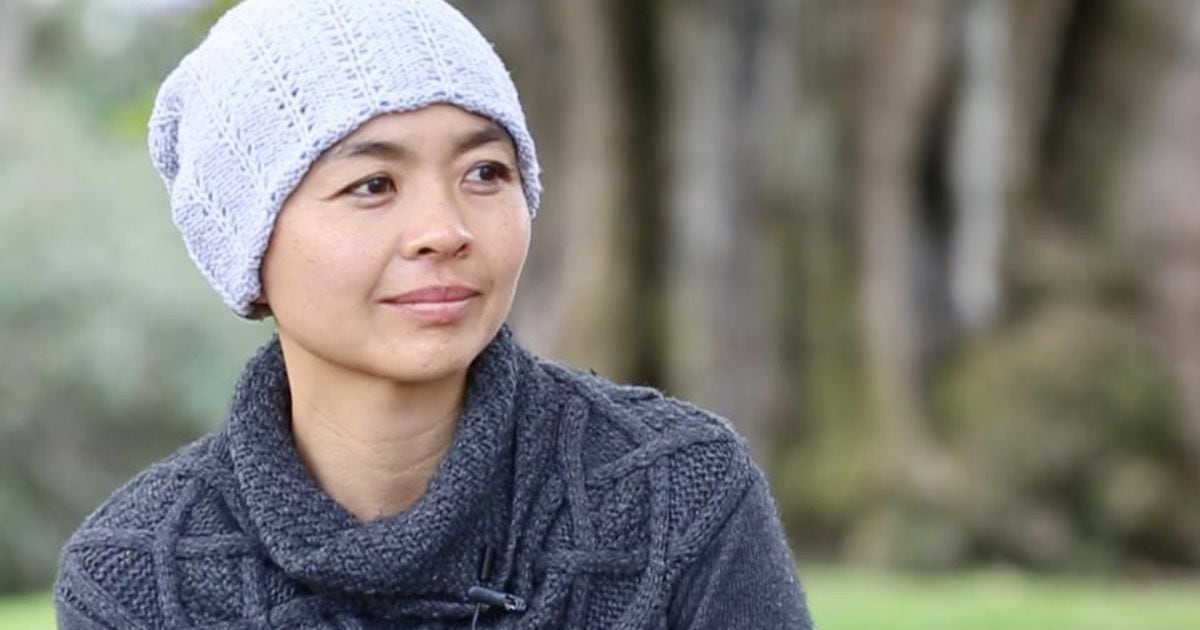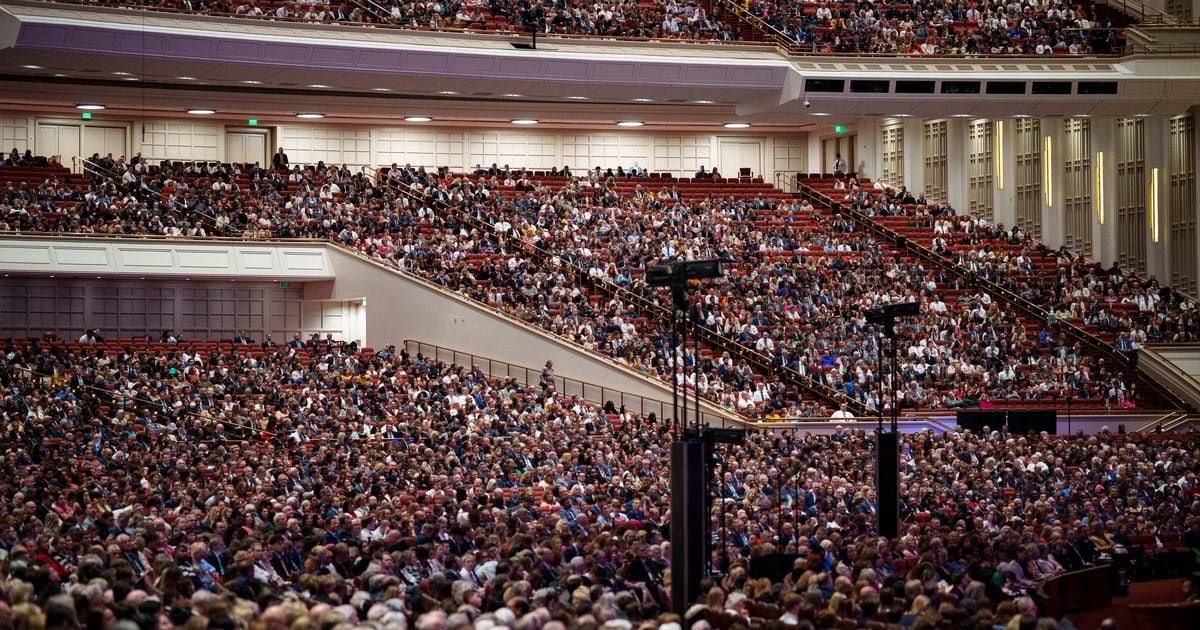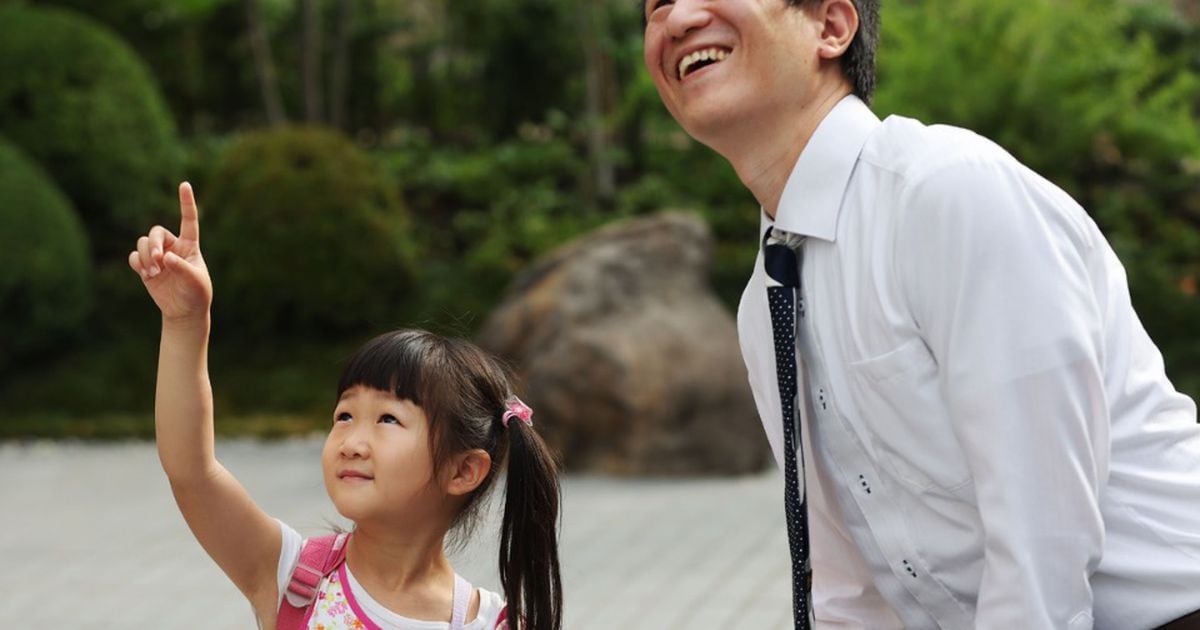The high-ranking business executive didn’t know what to do.
A faithful Japanese Latter-day Saint, he had committed to never allowing a drop of green tea — considered, along with black tea and coffee, to be against the faith’s dietary code — to pass his lips.
But here he was, seated at a full conference table while the powerful chair of another organization’s board performed a tea ceremony in his honor.
He looked at all the smiling, expectant faces, then down at the delicate cup steaming between his fingers. To reject the offering, even in the name of religion, he knew would constitute a gross offense. So he faked it, raising the cup to his lips and pretending to sip before declaring to the gratified crowd that the tea was “delicious.”
(Shinji Takagi) Shinji Takagi, professor emeritus of economics at Osaka University, is one of three co-authors of a landmark study on the beliefs, behaviors and backgrounds of Japanese Latter-day Saints who regularly attend worship services.
This tense anecdote is one of many found in the book “Unique But Not Different: Latter-day Saints in Japan,” a first-of-its-kind research into the beliefs, behaviors and backgrounds of Japanese members of The Church of Jesus Christ of Latter-day Saints living in the Land of the Rising Sun.
Based on data gathered from a lengthy survey shared via email and social media during fall 2021, the landmark study synthesizes between 440 and 530 responses to each of the researchers’ 56 questions. Researchers specifically focused their efforts on those who attended church regularly, a group they estimate constitutes about 20% of the country’s 130,000 Latter-day Saints.
The picture that emerged is one of a devout core who are more politically diverse but more socially conservative than their U.S. counterparts, and for whom their religious identity — as in the case of the panicked executive — comes first, trumping even their Japanese cultural identity.
Japanese views on women’s issues
Roll into a Latter-day Saint meetinghouse just about anywhere in the United States and you can pretty much assume the majority of the people there consider themselves favoring the Republican Party, said study co-author and Japanese Latter-day Saint Shinji Takagi.
Not so for Japanese Latter-day Saints. Study respondents’ party affiliation ran the gamut, from the most conservative to Communist, and with a slight majority claiming no party at all. In this way, Japanese Latter-day Saints essentially reflect their nation’s political landscape.
“In Japan,” Takagi, a professor emeritus of economics at Osaka University, summarized, “politics have absolutely no role to play in their religious [identity].”
Given this, one might be tempted to assume similar diversity in the individuals’ views on social issues when compared to Latter-day Saints living in the United States.
Not so.
In recent weeks, thousands of American believers have been petitioning the church on social media for a more equitable distribution of power between genders. The conversation has focused on a lack of decision-making authority for women within the faith’s patriarchal structure — and is one, the researchers found, in which the overwhelming majority of Japanese members simply aren’t invested.
The study asked respondents to state whether they agreed with two statements, both borrowed from a 2019 survey of U.S. Latter-day Saints.
The first: Women do not have enough say in the church.
The second: The fact that women do not hold the priesthood sometimes bothers me.
In both cases, a much larger share of American Latter-day Saints, male or female, expressed agreement.
Adjusted for church activity, 6% and 7% of Japanese women and men, respectively, and 18% and 17% of American women and men, respectively, did not think women had “enough say in the church.”
Meanwhile, less than 1% and 5% of Japanese women and men, respectively, and 18% and 19% of American women and men, respectively, agreed that the gendered divide with regards to priesthood “bothered” them.
(Christopher Cherrington | The Salt Lake Tribune)
(Christopher Cherrington | The Salt Lake Tribune)
A similar theme emerged with same-sex marriage. Around 1 in 4 of Japanese respondents agreed with the statement, “I support same-sex marriage as the right of a citizen, even though I have doctrinal reservation.”
In contrast, a recent PRRI study found that nearly half of U.S. Latter-day Saints support allowing same-sex couples to marry.
Why the difference?
“Japanese society, as a whole,” Takagi said, “tends to accept traditional gender roles” more than many Americans.
That’s part of it, he theorized. Another part has to do with the degree of loyalty to the church found in active Japanese members when compared with their American peers.
Being Christian, let alone a Latter-day Saint, renders believers a tiny minority with the island nation’s 125 million populace. Membership in the Utah-based faith, with its Western-style worship and, critically, restrictions on tea, comes with steep social costs for many Japanese Latter-day Saints. Most fall away, Takagi said, leaving only the most devout core behind in the pews.
In short, Japanese members are simply more committed than their American peers, he and his co-authors hypothesized, with the church acting as the preeminent moral authority in their lives. Simply put: When church leaders rise to the pulpit to declare that God has called men to preside and same-sex marriage a sin, they listen.
That the church has also endorsed efforts that have coupled laws protecting same-sex marriage in the United States with protections for religious organizations, appears to factor less than doctrinal stances for Japan’s faithful.
What it would take to grow the church in Japan
(The Church of Jesus Christ of Latter-day Saints) In the book “Unique But Not Different: Latter-day Saints in Japan,” researchers estimate that about 20% of the nation’s 130,000 church members attend worship services regularly.
There is one trait Japanese and American members share: Both groups have seen their overall growth rates more or less stagnate in recent years.
Takagi and his co-authors pin this phenomenon in Japan on a declining birthrate, elderly deaths and emigration, noting that most of the country’s other religious groups have begun to see a net decline.
Overcoming the pull of these structural forces will be difficult, Takagi said, but not impossible. And in case anyone at church headquarters is taking notes, the man has come prepared with suggestions.
To start, Salt Lake City could give local leadership greater latitude to “make the church less American,” starting by removing all English transliterated words from church vocabulary (“bishoppu” for “bishop,” “minisutaringu” for ministering), the result of which is a “strange” codelike parlance that alienates outsiders.
Another would be greater allowances for adapting youth programs and classes around Japanese students’ schedules, which are often far more demanding than the traditional American K-12 school calendar.
And then there’s green tea.
More than any other single action the church could take, allowing Japanese members to drink green tea would, Takagi said, attract and retain more converts.
The scholar emphasized he wasn’t advocating for full assimilation into Japanese culture. There still needs to be something, he said, that sets a faith apart and creates a kind of “tension” between them and their wider society for it to provide meaning. Neither does he think the church would have to give green tea blanket approval.
“The church can simply recognize that situations exist,” he said, “where drinking green tea is not a violation of [its dietary code] the Word of Wisdom.”
Situations, say, like an executive being offered the drink as part of a ceremony in his honor.
(Illustration by Christopher Cherrington | The Salt Lake Tribune)

